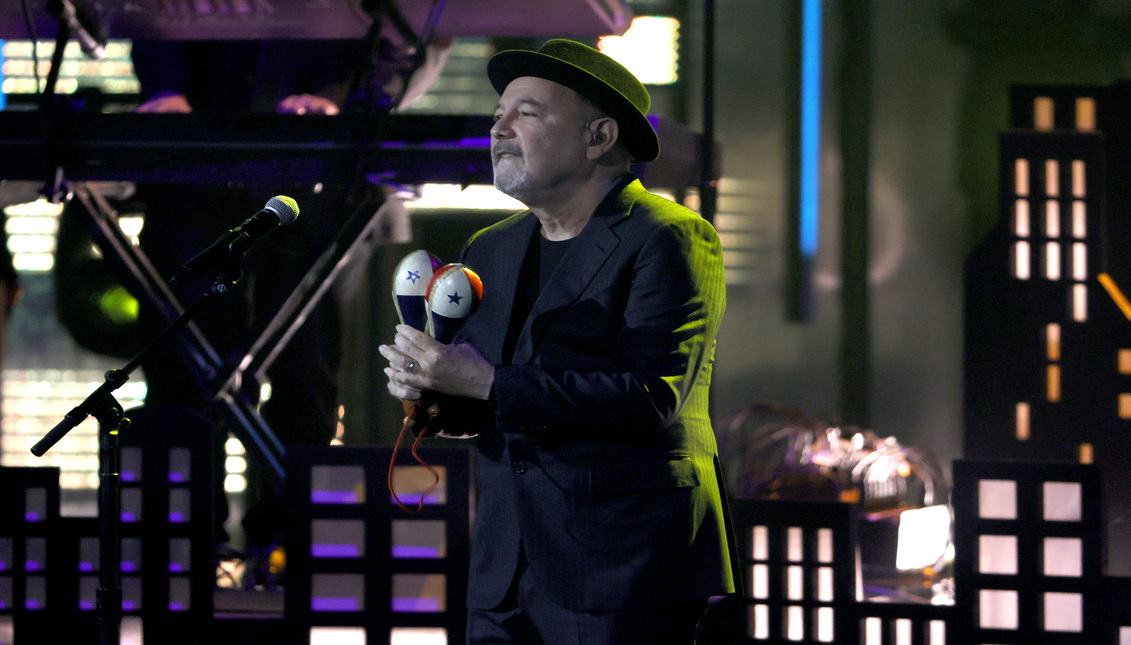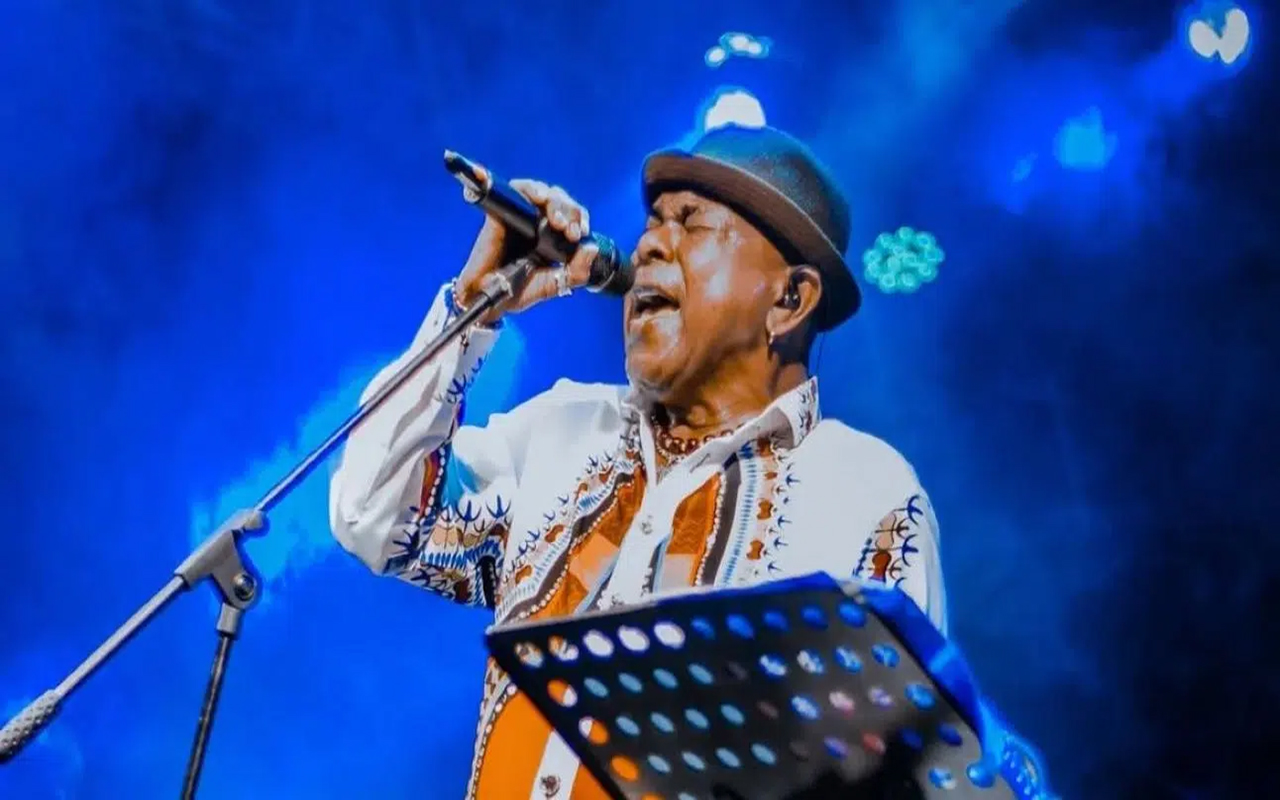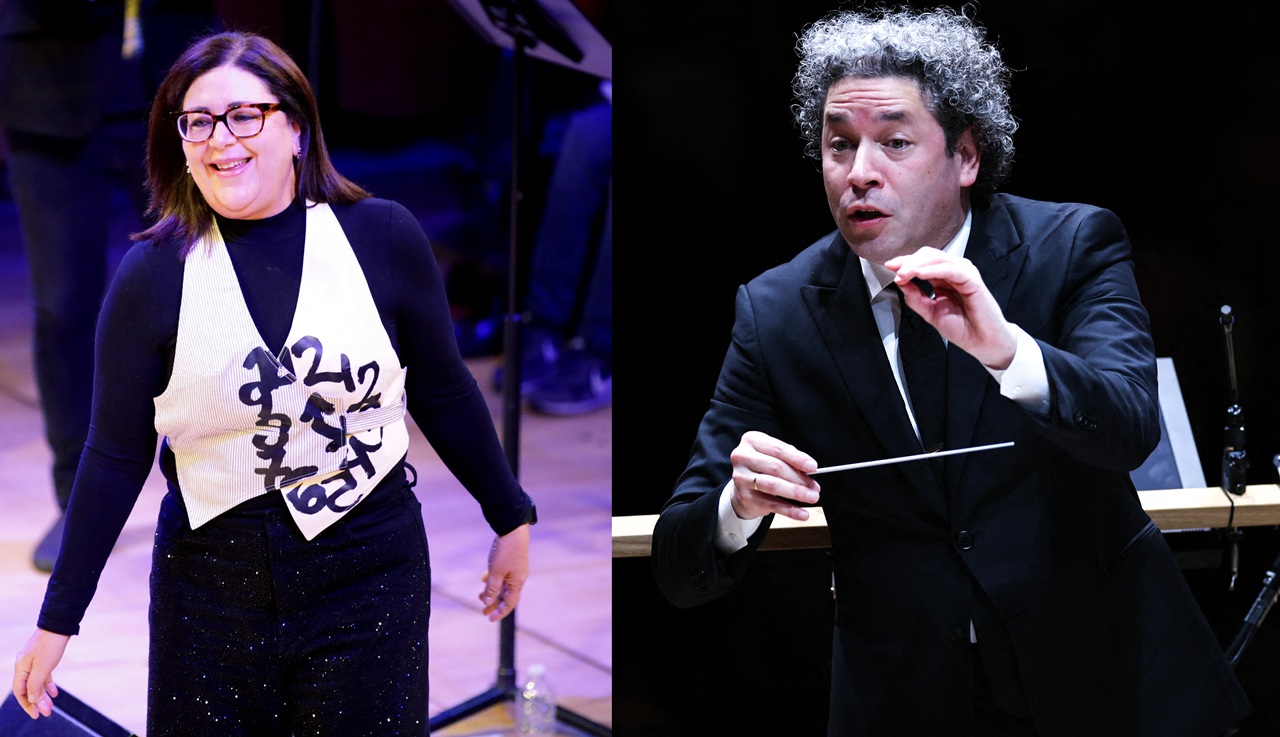
Blades and Veloso, when music becomes literature
The Latin Grammy Awards and its well-deserved tribute to Rubén Blades and Caetano Veloso are a lesson in hard work and talent.
At the last Latin Grammy Awards, two great veterans of Latin music were awarded its most important prizes — 'Recording of the Year for the Brazil's Caetano Veloso and 'Person of the Year' and 'Album of the Year,' for Panama's Rubén Blades.
"Nobody in music has your literary work," reggaetonero Residente said to Blades during the ceremony on Nov. 18. This phrase can summarize the work not only of Blades but also of Veloso, as both artists have been dedicated for almost half a century to describe their realities in their songs.
"Nadie en la música tiene tu obra literaria..." @Residente le dedica un emotivo mensaje a @RubenBlades Persona del Año 2021 #LatinGRAMMY pic.twitter.com/aRFpN4embX
— The Latin Recording Academy / Latin GRAMMYs (@LatinGRAMMYs) November 19, 2021
Singer-songwriter, producer, musician, actor, politician and activist, that's Rubén Blades Bellido. His career began in the late 1970s. Music runs through his blood, he is the son of a Colombian who played the bongo and a Cuban singer who knew how to play the piano. He lived part of the dictatorship of Omar Torrijos in Panama. By then, in 1968, he was already a sponge that absorbed the ideas and sounds that were coming to his country, especially those from the United States, .
"Success tastes like pain, sweat and hope. Many times it tastes like shit. Fame is a place you visit. It is not a domicile. Whoever doesn't understand that will suffer and lose his life," Blades said upon receiving the 2021 'Person of the Year' award.
Otra vez, ¡MUCHAS GRACIAS! @Latingrammys https://t.co/SNxnzZdGTK
— Rubén Blades (@rubenblades) November 19, 2021
The music critic, Juan Carlos Piedrahita, highlighted how Blades "turned his stories into a sample of the best Latin American chronicle there could be."
"He took it upon himself to write in actions, not to write in concepts. That is why one imagines the lyrics as he sings, that is one of his great virtues and that is what makes him one of the most important chroniclers in Latin America," wrote Piedrahita.
On one occasion, the musician and Gabriel García Márquez had an interesting debate. The Nobel Prize winner asked Rubén "if salsa could be a literary genre," the question left the Panamanian thinking and he decided to answer him through the song "GDBD (Gente Despertando Bajo Dictadura)," a proof that salsa could be a literary genre.
RELATED CONTENT
If Blades turned salsa into a literary genre, Caetano Veloso turned Bossa Nova into poetry. At 79 years of age, this other veteran won the gramophone for 'Record of the Year' in the company of his son Tom Veloso for the song "Talvez."
Estou muito contente pela canção do meu filho, Tom Veloso, que gravamos juntos. Ele a escreveu com meu amigo, da minha cidade, @cezarmendes_. Estou muito contente pelo Tom, Cezinha e por mim mesmo.
— Caetano Veloso (@caetanoveloso) November 19, 2021
Ganhamos na categoria geral "Gravação do Ano" no Grammy Latino 2021 com“Talvez”! pic.twitter.com/mKA9oHfcIt
Like Blades, Caetano comes from a music-loving family, and he became known when his sister, Maria Bethânia, recorded her first song. He is one of the pioneers, along with Gilberto Gil, of so-called "tropicalismo," a cultural movement that revalued traditional Brazilian music.
"The great virtue of Caetano Veloso is that he made the stories of Bahia, his region in Brazil, universal. They always teach you that to be universal you have to reflect the 'village,' and that is what he has done through music," explained Piedrahíta.
It is not for nothing that Veloso, who is also a filmmaker and poet, is called "one of the great singer-songwriters of the century."
"Both have done their homework, they have done it well, they have been careful and, something very important, is that they have played for what they believe and for what they feel, and sincerity is rewarded sooner or later," concluded Piedrahita.











LEAVE A COMMENT: